Chinese President Xi Jinping visited Russia in the end of March to push forward his post-Covid global agenda. During the three days visit he has not just convinced Russian President Vladimir Putin to support his strategy, but polished China’s new international image: the honest broker for peace in today’s turbulent world. For instance, Putin commented on China’s 12-point peace plan for Ukraine, an initiative that would give China mediator role in the biggest armed conflict since World War II. During a news conference the Russian leader said, the document can serve as a “basis” for a peace resolution, once Ukraine and the “collective West” are ready for it.
China’s Stance Concerning The War In Ukraine: A Rocky Start
China’s 12-point peace plan for Ukraine was officially announced on the 24th of February, the one-year anniversary of Russia’s invasion. The proposal aimed to establish a prompt cease-fire and to recommence negotiations between both parties with the objective of achieving a peaceful resolution. Despite the plan’s unremarkable content, it created the perception that China had taken on a more active role. Major Western leaders, US President Joe Biden, NATO chief Jens Stoltenberg, or European Commission President Ursula von der Leyen immediately opposed the plan.
Looking back to China’s recent struggle, the renewed international attention alone is sufficient achievement for Beijing.
Just about a year ago, the dominant narrative portrayed Putin’s war an “awkward moment” for Xi, as China got involved in the conflict unintentionally, and unprepared. It happened only weeks after the Winter Olympics Game in Beijing, China’s forgettable attempt to restore its reputation, seriously undermined by the pandemic. In the same year, massive protests started against the Covid-19 lockdowns, and Beijing seemed paralyzed by its domestic economic problems.
Since then, China has successfully reversed its toxic zero Covid-policy, seen substantial economic growth, and brokered a peace deal between Saudi-Arabia and Iran. All at once, China sent clear signals that it has returned on the stage of world politics and wants the main role to play.
Peace in Ukraine Is Not A Priority for China
Due to the war, the emerging tension in the Indo-Pacific gets less attention, allowing China for a diplomatic push in the region. As many scholars argue, China benefits from Russia’s weakened and isolated position. Moscow’s international role has been reduced to the sidekick of Beijing’s, a trend that started before 2014 but was greatly intensified by Putin’s invasion of Ukraine. At present, Russia is providing China with natural resources at a reduced price, and promoting Chinese companies to fill the void left by Western businesses exiting Russia. However, in the long run, China anticipates that Russia will eventually comply with Chinese demands in all areas of collaboration.
The collaboration extends to a complex global strategy, carefully designed by China.
The two leaders issued a joint statement after their summit, calling for deeper bilateral ties. While its lofty wording is rather reticent about the details of the future cooperation, the framework laid out in the text is quite telling. It is dominated by Chinese keywords and propaganda slogans, sending a clear sign of Zhongnanhai superiority over the Kremlin.
The joint statement gives details about the policies behind China’s global ambitions. The latest such policy, the Global Civilisation Initiative (GCI) was officially announced right before Premier Xi’s visit to Russia. According to the Chinese Communist Party’s mouthpiece, the Global Times, the proposal is a response to the recent trend of “hatred and estrangement among different civilisations” induced by some of the “U.S. and the West”.
What’s Behind the Global Civilisation Initiative?
With the GCI, China gives an ideological context for its two former global initiatives. Xi announced the first policy, the Global Development Initiative (GDI) in a speech at the UN General Assembly in September 2021. Officially, the proposal aims to support developing countries in humanitarian issues, such as poverty alleviation, or public health. In reality, the main role of the GDI is to improve economic cooperation with developing countries, with a special focus to focus huge public projects, mainly infrastructural investments. Thus, the initiative is widely seen as a new framework for the Belt and Road Initiative (BRI). The next year, Xi proposed the Global Security Initiative (GSI).
If the GDI is seen as an economic framework, the GSI is the security branch of the same strategy.
Western observers highlighted that Xi made his first visit after the pandemic last year to the Shanghai Cooperation Organization to promote GSI.
According to the joint statement, Russia “positively assesses” the GDI, “determined to continue close cooperation” on the GSI, and “attaches great importance” to the GCI. Under the guise of the war in Ukraine, China is building a new global architecture, an alternative to the Western-led order. Xi’s visit to Moscow has dispelled any doubts whether Putin is on his side.

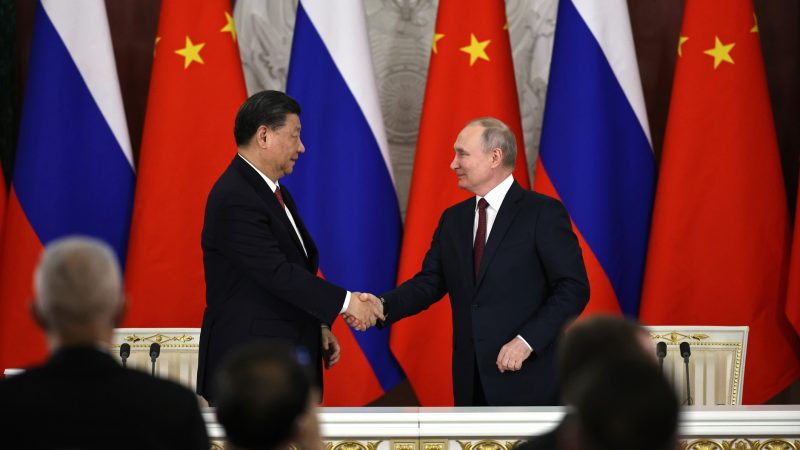
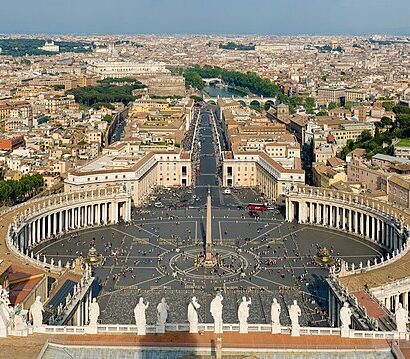
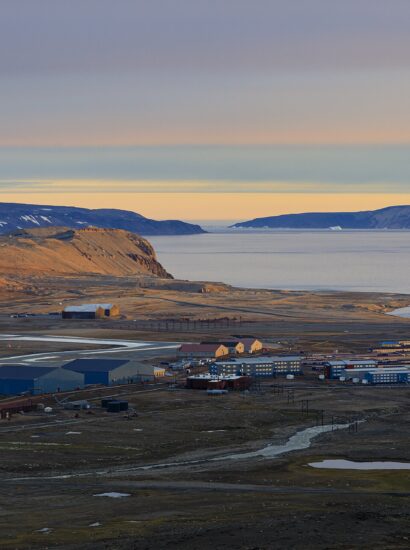
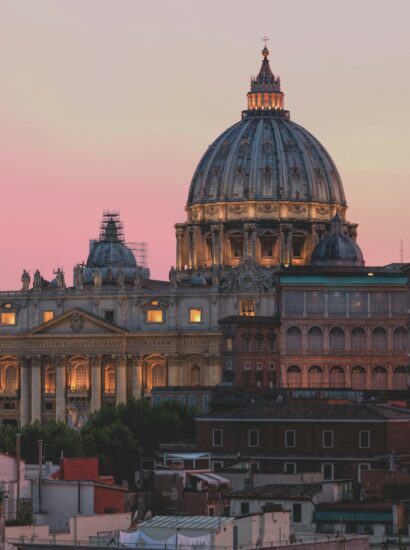
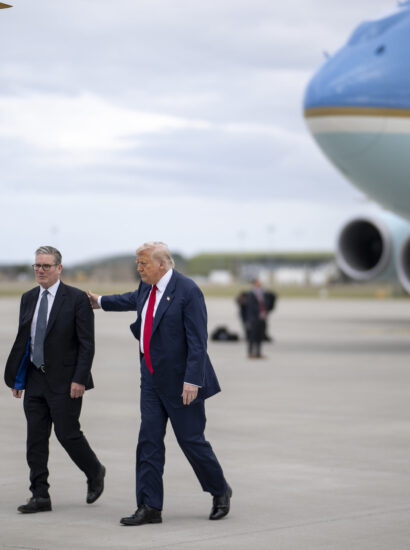


[…] highlights the short- to mid-term threat of Russia, along with the long-term threat of China. He criticizes the insufficient European artillery production and calls for more active private […]